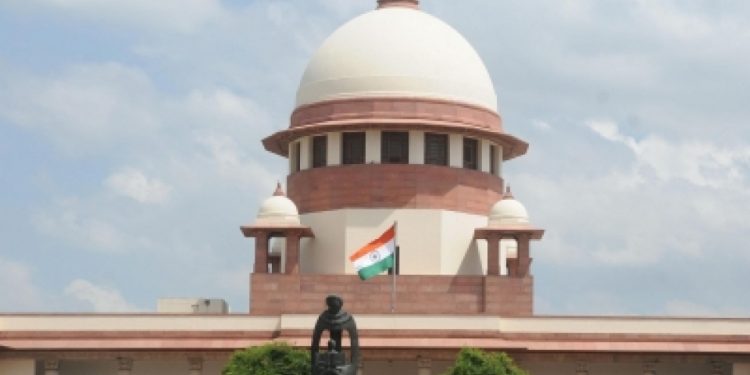New Delhi: The Supreme Court Friday heard a series of petitions filed by parents of children suffering from muscular dystrophy, seeking the formulation of a national policy for the free treatment of the disease.
The bench, led by Chief Justice of India DY Chandrachud, along with Justices JB Pardiwala and Manoj Misra, considered the plea, which also called for the issuance of unique ID cards for patients to facilitate access to free treatment at government and private hospitals.
During the hearing, the petitioners’ counsel highlighted the dire situation, informing the bench that out of the 250 petitioners, five children have died since the case was filed, and ten more are currently in critical condition. The counsel emphasized the urgency of the matter, noting that it has been ten months since the Court issued a notice in the case, during which time several children have succumbed to the disease.
In October 2023, the Supreme Court issued a notice on the petition and sought assistance from Additional Solicitor General (ASG) Aishwarya Bhati. The ASG requested additional time to file a response regarding changes in the Centre’s policy and the funds disbursed for treatment so far. The bench granted the request and also asked the ASG to clarify the status of a similar petition pending before the Delhi High Court.
The Delhi High Court, in March 2021, directed the Centre to provide an affidavit detailing its health budget over the past five years and whether any unused funds could be allocated for treating children with rare diseases like Duchenne muscular dystrophy (DMD) and Hunter’s syndrome.
The Public Interest Litigation (PIL) was filed by parents whose children suffer from muscular dystrophy, a genetic disorder that leads to progressive muscle weakness and loss of function in the legs, pelvis, and arms. The disease often results in children becoming wheelchair-bound and significantly shortens their life expectancy. In more severe cases, it also affects the heart, lungs, spine, and brain.
The petitioners argue that despite the availability of diagnostic techniques, a lack of awareness and inadequate diagnostic facilities often lead to delayed diagnosis and treatment. Moreover, the treatment is prohibitively expensive and available only at a few specialized centres, making it inaccessible to many families.
The PIL seeks to reclassify muscular dystrophy under the ‘Special Categories Rare Disease’ rather than ‘Rare Disease,’ to increase financial support under the National Policy for Rare Diseases, 2021. Additionally, it calls for private and government insurance companies to include muscular dystrophy in their insurance coverage schemes.
The Supreme Court’s decision in this case could have significant implications for the treatment and care of children suffering from muscular dystrophy in India, potentially providing much-needed financial relief and improving access to life-saving treatments.
PNN & Agencies






































